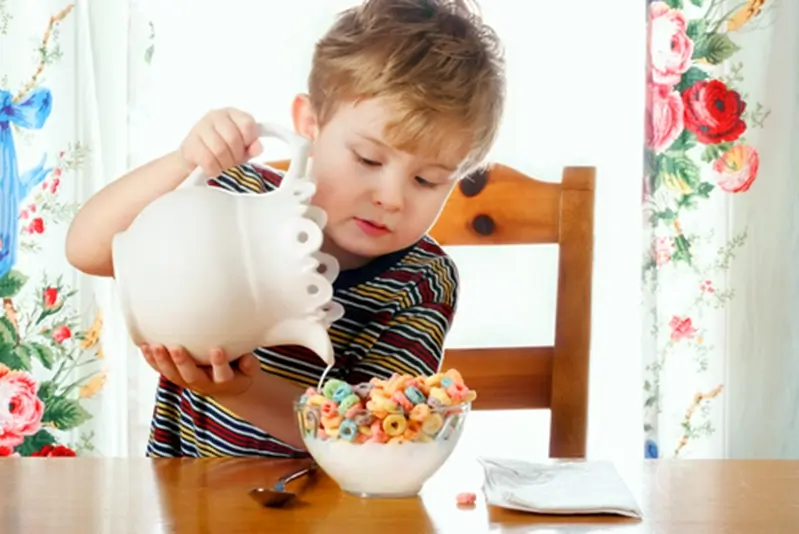Breakfast is widely known as the most important meal of the day. Why is it then that so many of the breakfast options available in our supermarket aisles are so bad for us?
That's right, a huge variety of breakfast cereals, granolas, yogurts and other ready-to-eat morning meals are actually loaded up with additional sugars. These sugars are not only bad for your bodily health – they can contribute to the decay of your teeth. So, how does sugar work away at our teeth – and which breakfast options are the safest?
The impact of added sugars
Overconsumption is a very real issue affecting a huge number of kiwis. The median daily intake of total sugars for kiwi women is 24 teaspoons and 30 teaspoons for men, according to the latest New Zealand Adult Nutrition Survey. This is well above the World Health Organisation's (WHO) recommendation of 12 teaspoons per day, only half of which should be added or "free" sugars.

Sugar and other fermentable carbohydrates can lead to dental decay. This happens when bacteria within plaque converts sugars into acids that break down tooth enamel. Decay happens over time – so consuming sugars isn't inherently bad, but eating too much every day will likely lead you down the path of cavities.
Which breakfast options are safe for my teeth?
Look for an option that's going to leave you room to consume sugars in later meals.
The best way to know if a food is low in sugars is to read the nutritional label. Remember that WHO's recommendation is for 12 teaspoons of sugar per day, so you should look for an option that's going to leave you room to consume sugars in later meals.
You want to stay clear of any cereals that are frosted or sticky – these are coated in added sugar and often lack other nutritional benefits. This includes chocolate puffed rice, honey-nut cereals and sweetened cornflakes.
It also pays to be wary of muesli or granola, especially those with fruit or chocolate. While these may appear to be healthier options, granola is often prepared in honey or other high-sugar additives, and dried fruit may have had sugars added in the drying process.
Instead of these high-sugar breakfasts, opt for quick, easy and healthy options such as oats. Unflavoured instant porridge is ready in less than two minutes, is high in fibre and free from added sugar. It also offers a blank slate for you to build your own flavours on top of with your favourite fruit. For more texture, go for Weet-Bix with unsweetened yoghurt and a serving of fresh berries.
There are plenty of ways to prepare a no-fuss breakfast that don't put your dental health at risk. If your teeth are worrying you, or if it's been a while since your last check-up, give City Dentists a call on 04 978 4964 or click here to book a routine check-up.
